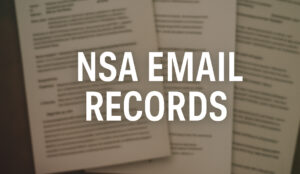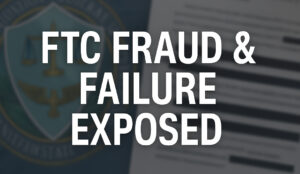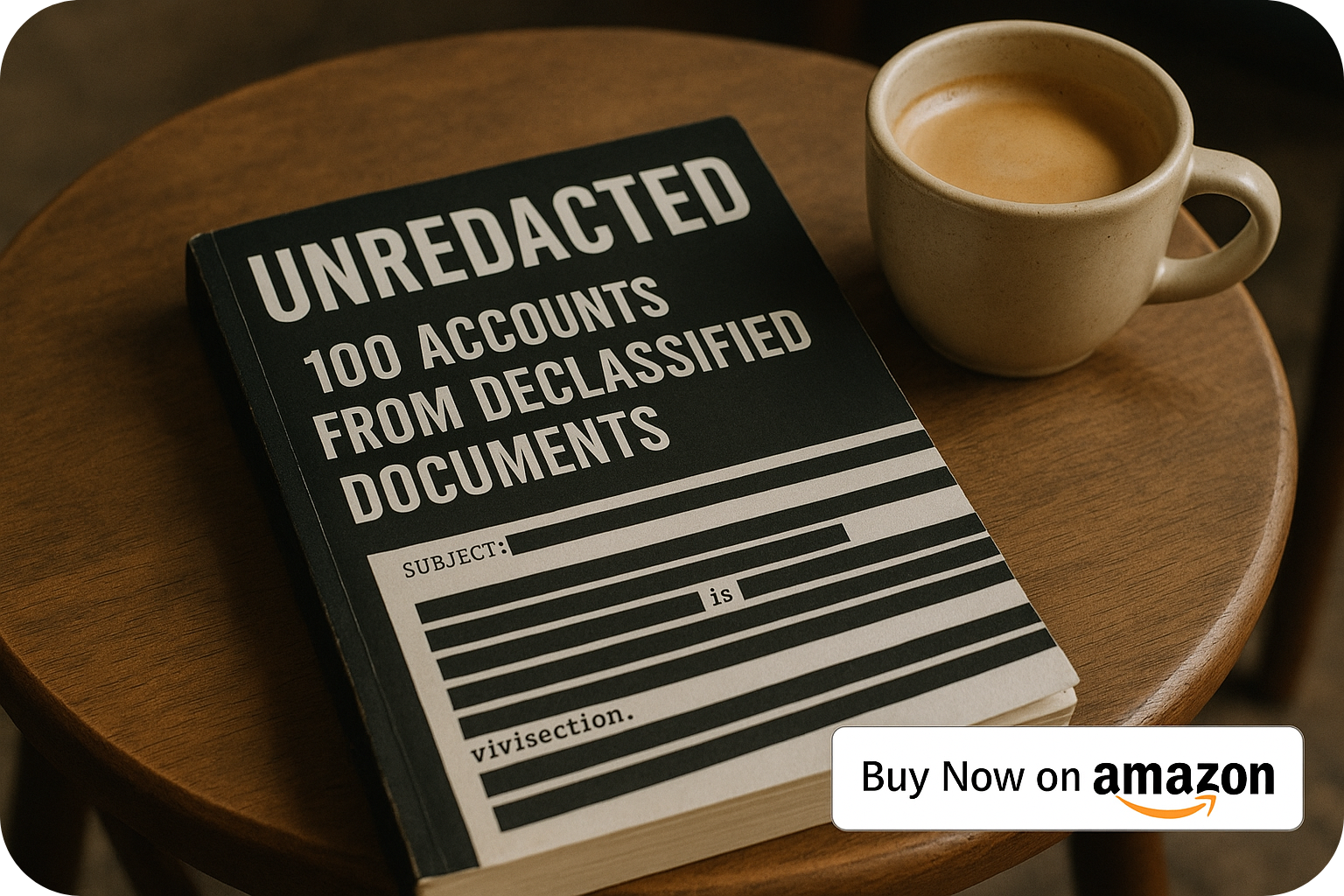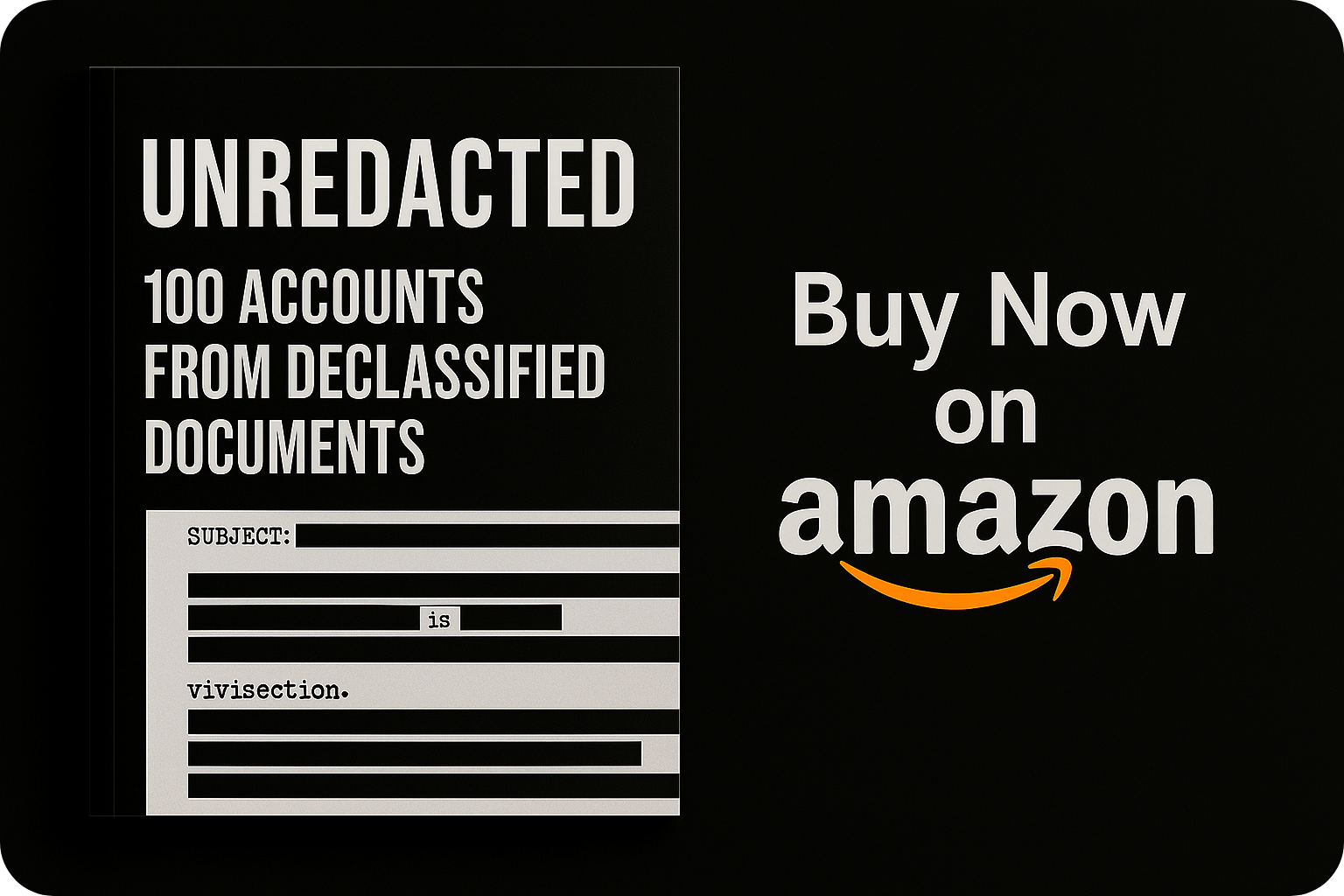When Edward Snowden claimed he’d raised concerns through official NSA channels before leaking classified documents, the agency responded not with transparency-but with a flurry of FOIA rejections, legal semantics, and redacted letters.
Hundreds of pages of internal memos, email threads, and media inquiries were eventually released under pressure. But they reveal a disturbing truth:
The NSA didn’t refute Snowden’s claim.
It redefined the words around it.
🕳️ The One Email That "Counts"-And the Dozens That Didn’t
In April 2013, Edward Snowden sent a single email to NSA’s Office of General Counsel. It was procedural, asking about the legal precedence of Executive Orders vs. federal statutes.
The NSA replied politely and offered to talk further. That was the only communication they ever acknowledged.
"There are no records indicating that Mr. Snowden contacted agency officials to raise concerns about NSA programs."
- NSA statement to multiple FOIA requesters
But what the FOIA documents show is that Snowden’s email wasn’t the only one. It was just the only one that, under a narrow definition, didn’t "raise concerns".
⚖️ How to Hide a Complaint Without Deleting It
NSA leadership leaned heavily on definitional sleight-of-hand:
-
"Raise concerns" = express formal objection
-
"Agency official" = only specific senior leadership
-
"About programs" = only direct critique of program structure or legality
This linguistic hedge allowed the NSA to:
-
Acknowledge the email existed
-
Share it publicly to appear cooperative
-
Deny any wrongdoing on a technicality
"Your request has been processed. There are no documents indicating Mr. Snowden raised concerns about NSA programs."
- FOIA case #77440A response
🔍 A Flood of FOIA Requests-All Denied or Delayed
Journalists from NBC, BuzzFeed, USA Today, The Washington Post, Business Insider, and Al Jazeera filed dozens of FOIA requests asking for Snowden’s full email history.
Every single request was met with:
-
"No records found," or
-
"Records exist but are exempt," or
-
A single redacted email that wasn’t a complaint
Some requests were even withdrawn after the NSA stated Snowden’s email account had been deactivated in June 2013-months before the FOIA dates requested.
🧾 Secrets Hidden in Exemptions
Pages of Snowden’s communications were withheld under a cocktail of FOIA exemptions:
-
(b)(1): Classified national security info
-
(b)(3): Statutory exemptions for NSA activities
-
(b)(6): Personal privacy
-
(b)(7): Law enforcement investigatory materials
"All the information maintained by this Agency relating to Mr. Snowden meets the threshold requirements for withholding."
- NSA, FOIA case #78113
In some cases, the NSA admitted it had more responsive documents but refused to release them due to "grave national security risks."
🧠 Rewriting the Whistleblower Record
The result of all this: Snowden is painted not as a whistleblower, but as someone who never even tried to go through proper channels.
But the documents tell a different story:
-
He contacted legal staff
-
He used official channels
-
He raised concerns-just not in a way the NSA chooses to recognize
It’s a bureaucratic erasure-not of records, but of intent.
📌 The Real Message: You Can Complain, But Only If We Say You Did
The NSA turned its internal systems into a trap. If you don’t file the "right kind" of complaint to the "right" person in the "right" words, then your objection doesn’t count.
"One document was located… but it is not responsive to your request."
- FOIA denial language
The irony? The agency that collects everything somehow couldn’t find any real complaints from the one person who exposed their global surveillance program.
🧨 Silence by Design
In the end, the Snowden email debacle is a case study in institutional self-protection.
The NSA didn’t just dodge a bullet. It framed the gun, drew the trajectory, and then declared the weapon imaginary.
If a whistleblower sends a warning, and the agency decides not to hear it-was it ever sent at all?






